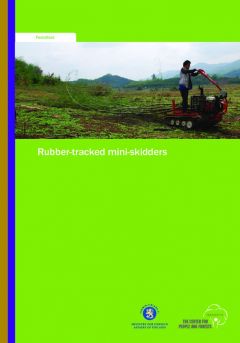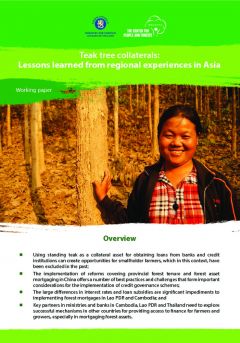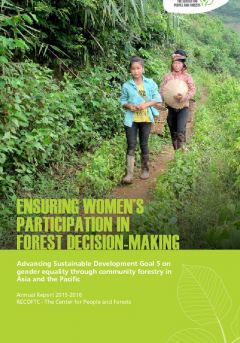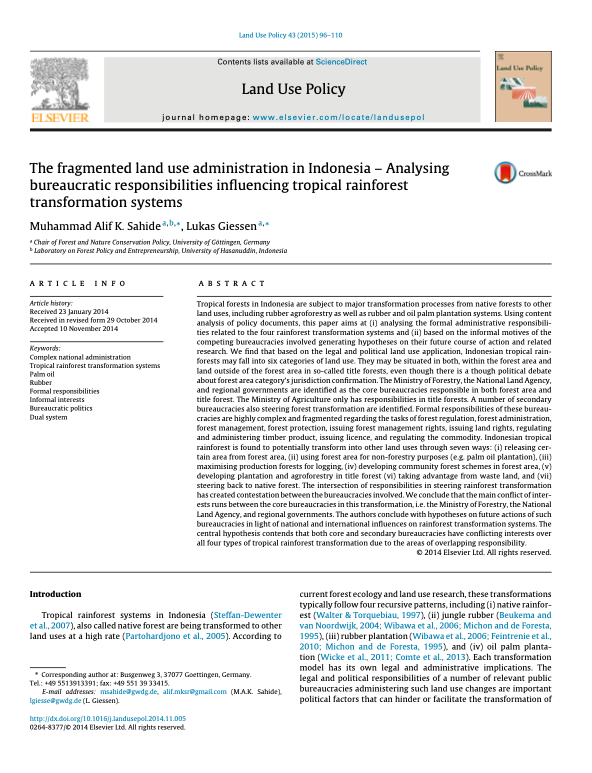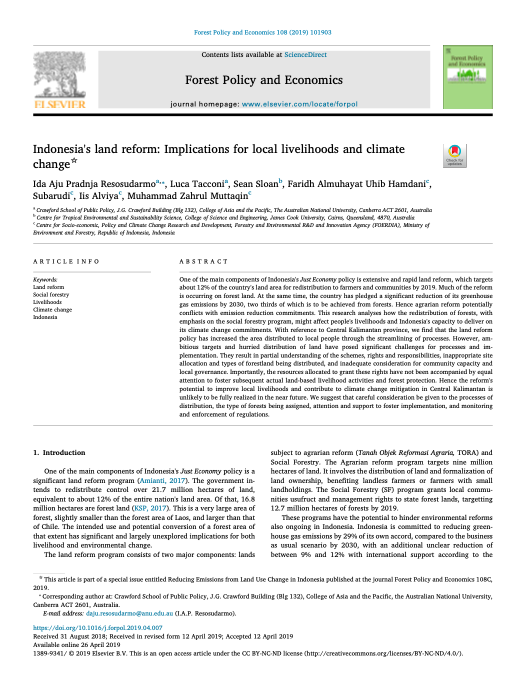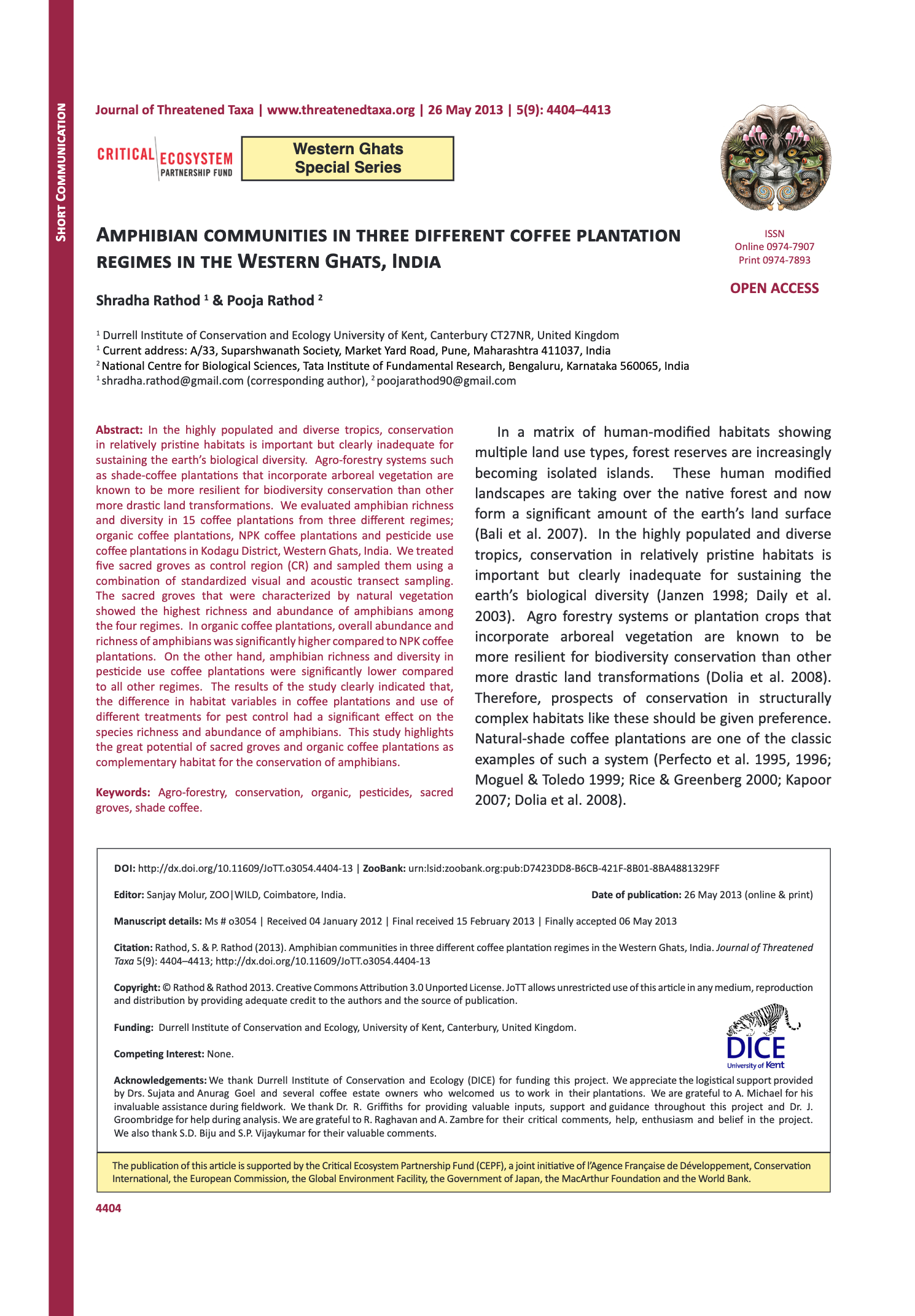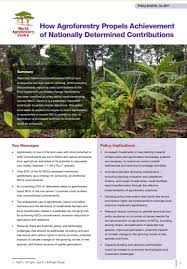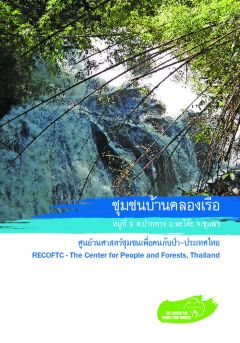Appropriate Small-scale Forest Harvesting Technologies for Southeast Asia: Rubber-tracked Mini-skidders
The Jonsereds Iron Horse (Swedish Järn Hästen) was the irst commercially available rubber-tracked mini-skidder (crawler) to appear in Scandinavian forest operations in the early 1980s. It was developed from smaller all-terrain crawlers, originally designed for use in hunting to transport moose and other large game over long distances.Yanmar bamboo crawler with engine in reverse position and clamping device for bamboo poles was used in trial harvesting in Bokeo, Lao PDR.

